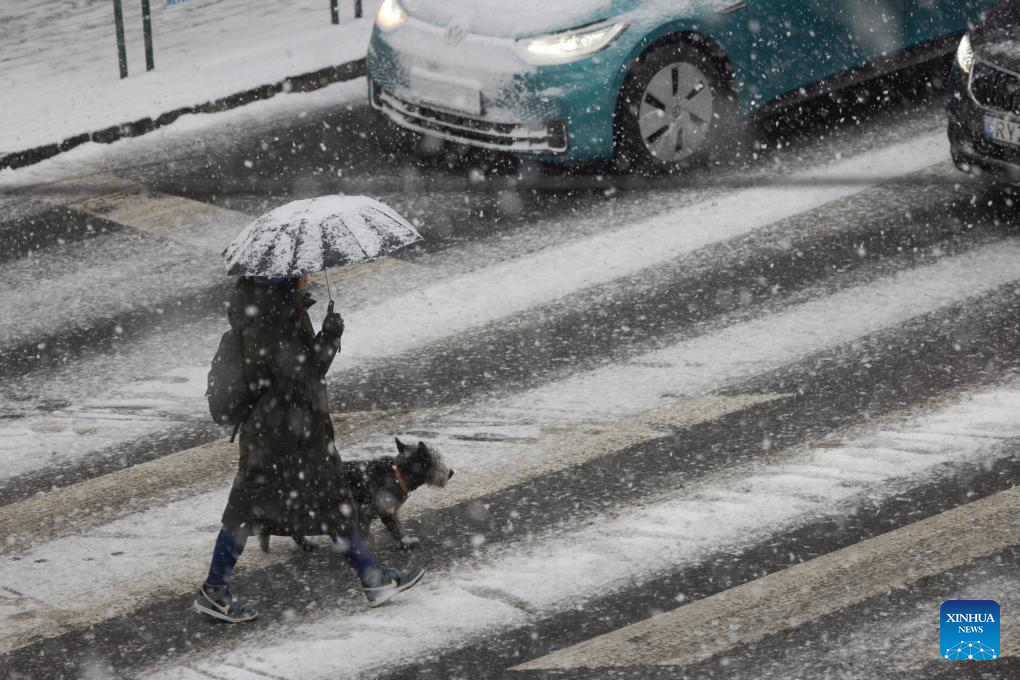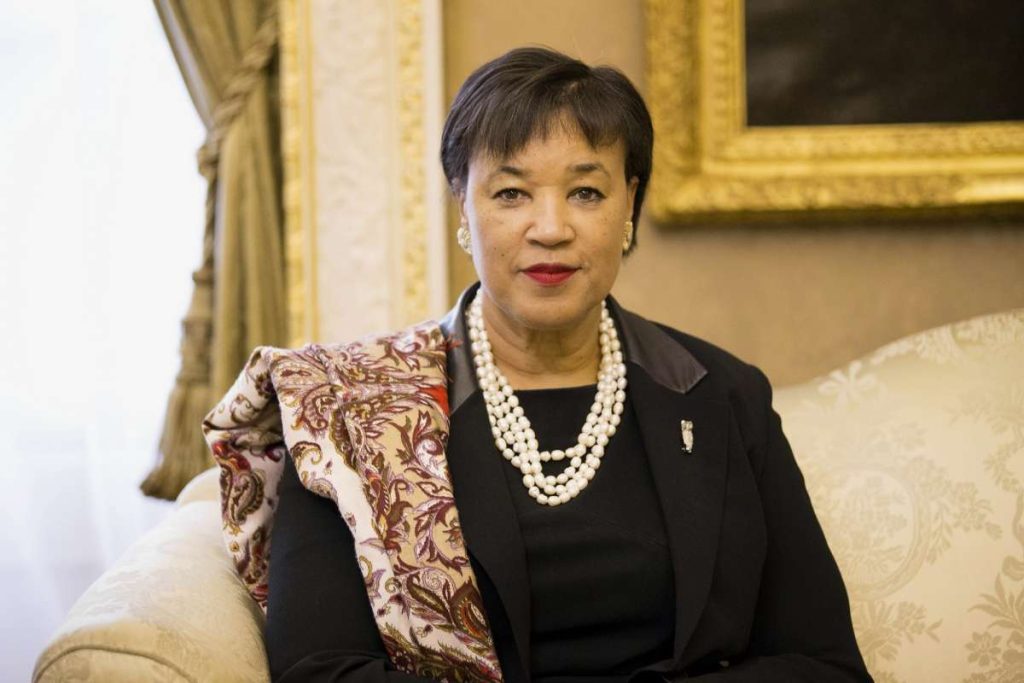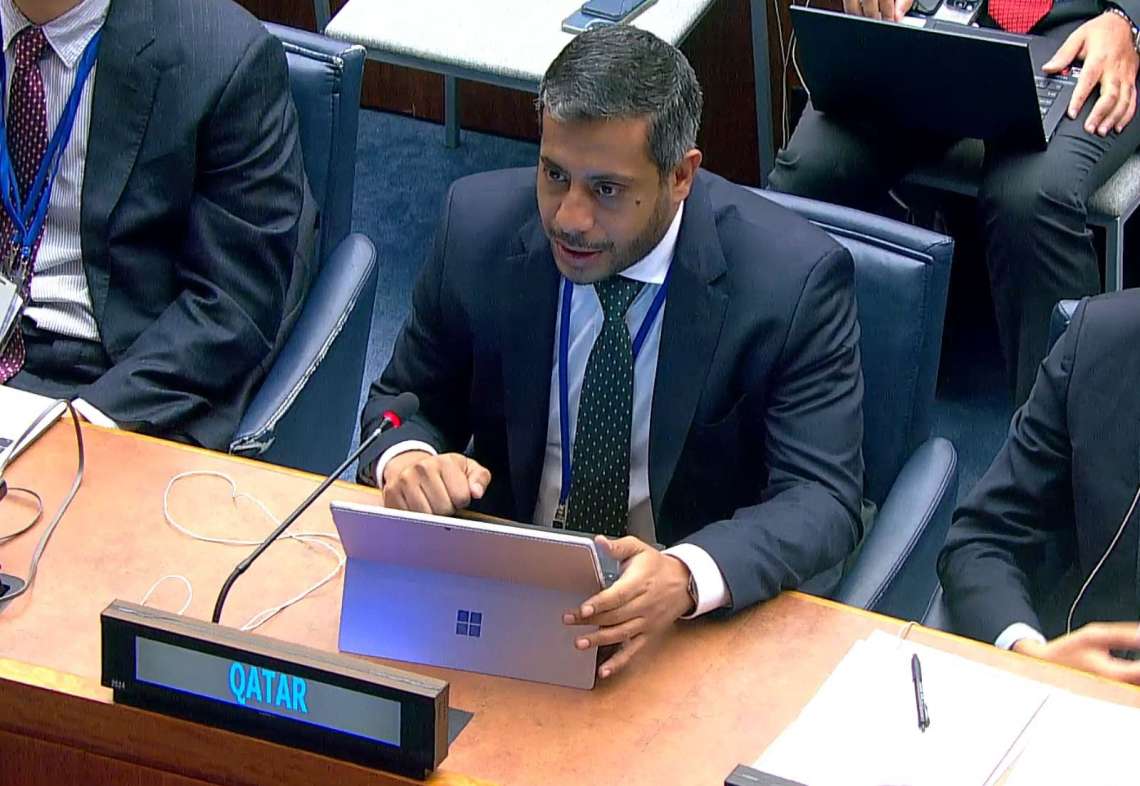The Met Office issued snow and ice alerts for large areas of Scotland, England and Northern Ireland amid plummeting temperatures…reports Asian Lite News
Friday 1 December heralds the start of meteorological winter and the next few days and nights may turn even colder.
At the start of this cold spell the temperature fell to -7.1C at Benson in Oxfordshire and -7.7C at Shap in Cumbria on 25 November.
More recently, we have seen -7.2C on Wednesday morning at Bridgefoot in Cumbria, and on Thursday morning it dropped to -6.6C at Santon Downham in Suffolk.
A combination of long nights, clear skies and no wind means any heat built up during the day will be radiated out to space and it will get colder.
Friday night looks like being the coldest night ahead with temperatures across the United Kingdom, typically -4C to -6C. In Scotland the minimum temperature could be -8C or lower on Friday night and Saturday night.
UK temperature map showing minimum temperatures on -8C in Scotland, -2C in Northern Ireland and -3 to -5C in England and Wales on Friday night. Daytime temperatures in many places will only be a couple of degrees above freezing and parts of Scotland will remain sub-zero for the next few days.
An added hazard at this time of year is freezing fog. This could form on Friday night, particularly in the midlands and eastern England, and hang around through Saturday.
There have been some very cold spells of weather in November over recent years. The very low temperatures tend to be recorded in Scotland and northern England. In recent years we have seen:
Once cold air is in place it can be very difficult to shift. Pressure needs to fall and the wind to strengthen and change direction and bring in a change of air mass. There are signs that all of these elements will come together next week and bring an end to the cold weather.
From the middle of next week there should be less frost and more wet weather. There is the potential of some snow as we transition from this very cold air to something milder.
More than 30 schools in Cornwall closed for the day or opened late due to the hazardous conditions. The Met Office issued snow and ice alerts for large areas of Scotland, England and Northern Ireland amid plummeting temperatures during the first cold snap of the year for many.
It warned people about slips and fall injuries on icy patches and advised of the chance of disruption to road, bus and rail networks.
The UK Health Security Agency and the Met Office have issued amber cold health alerts in five regions – the east Midlands, West Midlands, north-west, north-east, and Yorkshire and the Humber – until 5 December, meaning “cold weather impacts are likely to be felt across the whole health service for an extended period of time” in those areas.
Meanwhile, Berlin is expected to experience a low of -4.5°C, while Helsinki won’t surpass -8°C. Germany faces weather warnings, anticipating up to 20 centimetres (8 inches) of snow, according to a Bloomberg report. Parts of Scotland and northeast England, along with London, are also set to encounter snow and freezing temperatures.
Icy weather arrives after a delayed start to the heating season, allowing many countries to accumulate record natural gas inventories.
Although these reserves aren’t meant to meet peak winter demand entirely, they help stabilise prices. However, some withdrawals have already commenced.
Post the first week of December, weather forecasts for Europe differ. Maxar predicts a continued cold pattern for most of Europe in the next two weeks, while some models suggest a potential temperature rebound in the northwest from December 6. Global Forecast System data even hint at above-normal temperatures in central and southern Europe.
Eastern European countries, including Romania and Moldova, faced heavy snowfall and blizzards over the weekend, resulting in road closures and electricity outages. Three deaths were reported. Moldova is bracing for temperatures of -9°C, potentially causing more disruptions.
Romania issued red weather warnings in several eastern counties, with wind forecasts reaching up to 100kph. Over 400 localities in Romania experienced electrical outages due to heavy snowfall. Bulgaria declared a state of emergency as winter storms left over 1,000 settlements without electricity.
In Bulgaria, two deaths occurred in traffic accidents, and the prime minister declared a state of emergency.
Ukraine’s Hydrometeorological Center issued yellow and orange weather warnings for a significant portion of the country.’
ALSO READ-The Snowman Brings Christmas Magic Back To Peacock Theatre













